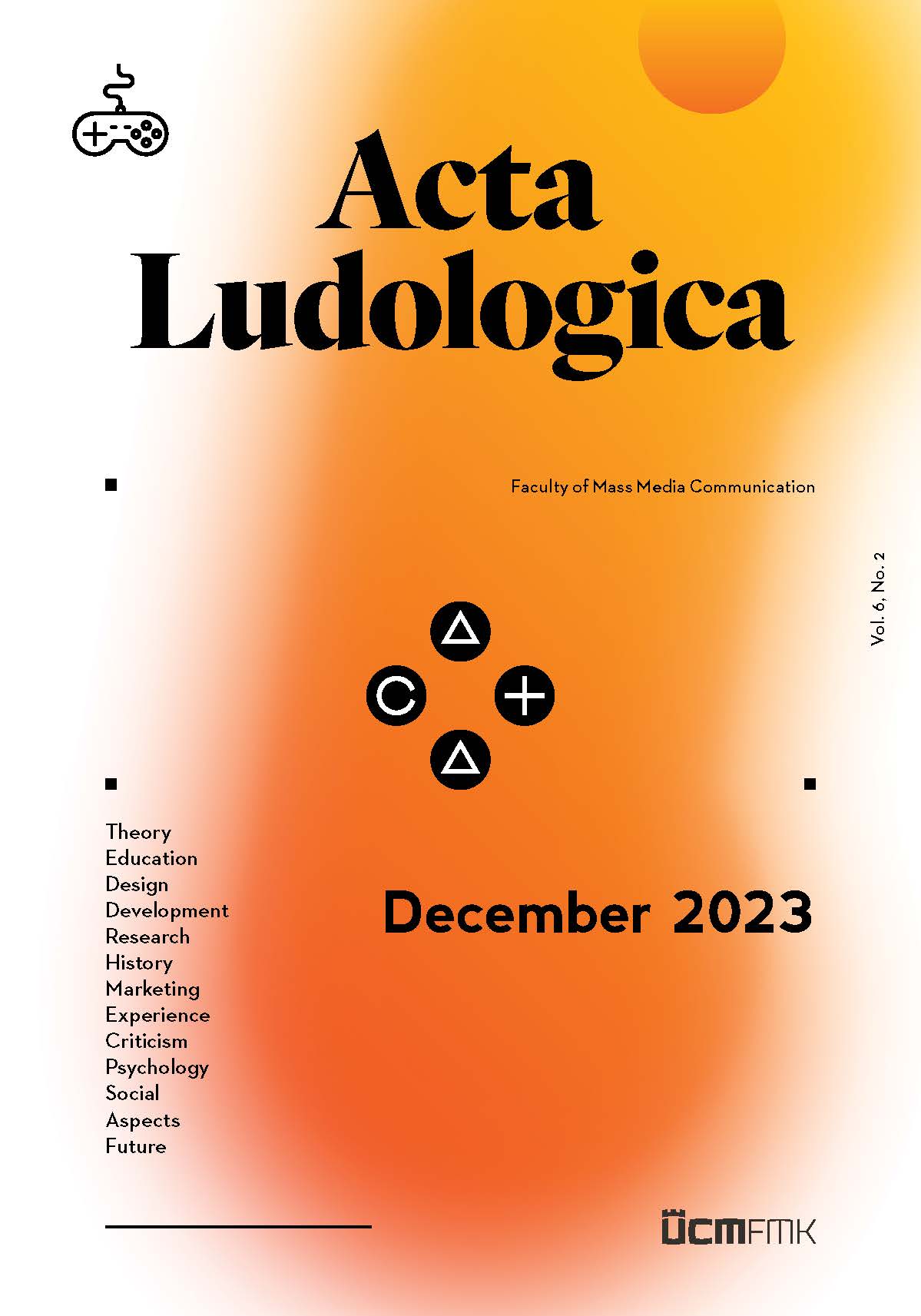Gamer Identity: How Playing and Gaming Determines How Those Engaged in Gaming See Themselves
Gamer Identity: How Playing and Gaming Determines How Those Engaged in Gaming See Themselves
Author(s): Oleg DietkowSubject(s): Social Sciences, Media studies, Communication studies, Sociology, Theory of Communication, Sociology of Culture
Published by: Univerzita sv. Cyrila a Metoda v Trnave, Fakulta masmediálnej komunikácie
Keywords: digital game culture; digital games; gamer identity; profilicity; second-order observations;
Summary/Abstract: The issue with gamer identity has been troubling researchers for the last decade. Despite trying to assign different parameters such as time spent playing, individuals themselves do not identify along such lines and the reasons why one person defines themselves as a gamer and another does not have not been clear. The goal of this paper to demonstrate, by applying B. Suits ontology of games and understanding identity in accordance with H.-G. Moeller’s concept of profilicity as a form of identity construction, the existence of two separate constructs of the gamer label. To demonstrate this, a series of interviews were conducted with two groups of people engaged in gaming: those who sought fun and those that desired winning. Both groups show clear differences in self-identification with their identity and the observed differences explain inconsistencies and issues observed by prior studies. Playing for fun is a factor that acts against seeing oneself as a gamer while playing to win is a factor inducive towards identifying as a gamer. Those that seek winning are likely to seek validation of their identity by comparing themselves to known gamer influencers while those that prefer playing over gaming will construct their definition of a gamer in an authentic manner.
Journal: Acta Ludologica
- Issue Year: 6/2023
- Issue No: 2
- Page Range: 20-40
- Page Count: 21
- Language: English

